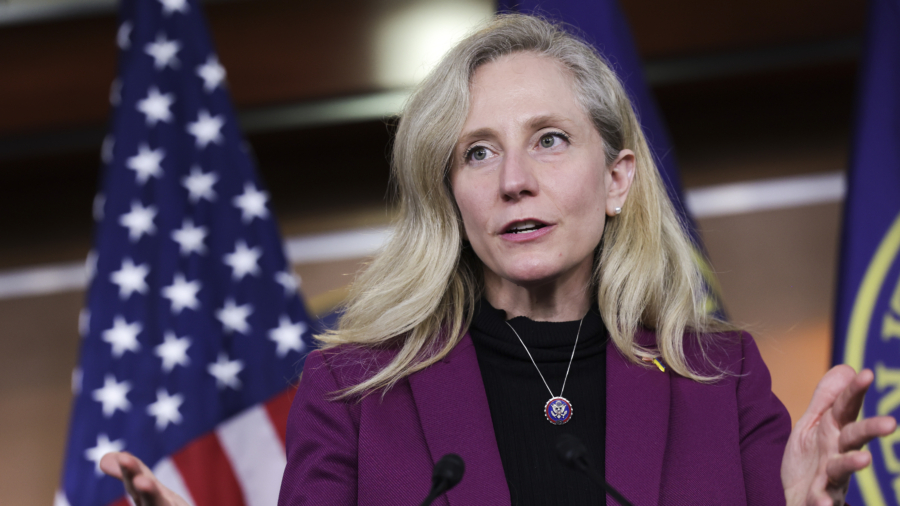
Nearly three million Americans are waiting Senate approval of a bipartisan-supported bill that could grant them long-anticipated Social Security benefits.
Co-sponsors Rep. Garret Graves (R-La.) and Rep. Abigail Spanberger (D-Va.), along with two senators, urged the Senate in a Nov. 14 letter to bring House Resolution 82, also known as the Social Security Fairness Act of 2023, to a floor vote.
On Nov. 12, the house passed the bipartisan Social Security Fairness Act in a resounding 327 to 75 vote.
The bill aims to eliminate the Windfall Elimination Provision (WEP) and the Government Pension Offset (GPO), which reduce Social Security benefits for retirees who also receive pension income.
In their letter to Senate Majority Leader Chuck Schumer and Minority Leader Mitch McConnell, the lawmakers said the WEP and the GPO hurt millions of Americans who have had their Social Security benefits slashed for near half a decade.
‘Put an End to This Theft’
“The time to put an end to this theft is now,” Spanberger and Graves said in a Nov. 13 statement. “For more than 40 years, the Social Security trust funds have been artificially propped up by stolen benefits that millions of Americans paid for and that their families deserve.”
The WEP currently affects around two million Social Security beneficiaries, while the GPO impacts nearly 800,000 retirees, including police officers, firefighters, postal workers and public-school teachers.


